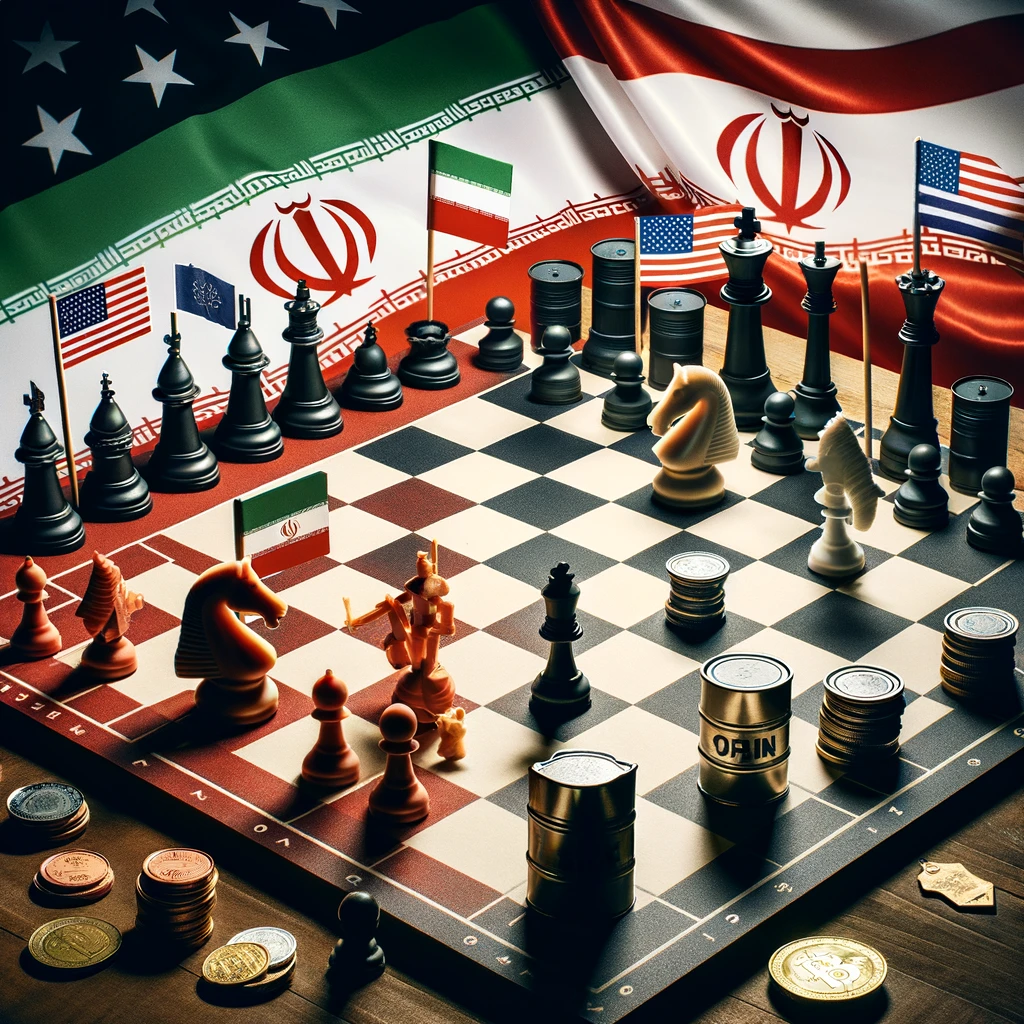Iran’s decision to potentially close the Strait of Hormuz has thrown a new twist into Middle East geopolitics. The Strait is a major global oil passage, facilitating a massive 20.5 million barrels of petroleum products each day. Iran’s action stems from mounting concerns about regional threats, particularly due to Israel’s activities in the UAE and attacks on Iranian facilities in Syria.
The move was announced by Alirez Tangsiri, the commander of Iran’s Revolutionary Guard Navy, citing these regional dynamics as provocations necessitating Tehran’s stern response. Tangsiri underscored the inevitability of retaliation given these circumstances.
Located between the Persian Gulf and the Gulf of Oman, the Strait of Hormuz plays a pivotal role in global oil logistics, with over 85 vessels, including oil tankers, passing through daily. The Strait’s role has been magnified amid fluctuations in global oil supply and geopolitical tensions.
It was notably a point of contention in 2012 during disputes over Iran’s nuclear activities and subsequent international sanctions. Iran’s threats to shut down the strait have historically served as leverage in broader regional negotiations, though such actions risk significant disruptions to global energy markets and to Iran’s own economic health.
In a public statement, Tangsiri expressed Iran’s capability to shut the Strait, yet emphasized a preference for keeping it open to ensure access for neighboring countries as well. This nuanced approach suggests a strategic calibration rather than outright aggression.
Amid these geopolitical maneuvers, Iran’s economy faces severe challenges, particularly with its currency, the Iranian rial, plummeting against the US dollar. The rial’s decline has accelerated recently, hitting a new low of 610,000 rials to the dollar, marking a historic depreciation that underscores deepening economic woes.

This currency crisis is a symptom of broader economic issues exacerbated by long-standing sanctions imposed by the United States, which have intensified under various administrations. These sanctions, initially sparked by the 1979 U.S. embassy crisis, have since expanded to target Iran’s critical oil, gas, and petrochemical sectors, aiming to curb Iran’s nuclear capabilities.
Political expert Sarah Raviani has pointed out that this economic downturn is not just a result of external pressures but also internal mismanagement and corruption. Raviani’s commentary on social media highlighted the dire state of Iran’s economy, noting the unaffordability of basic goods and the pervasive impacts of corruption and poor governance. She described the situation as a systemic failure, with inflation and unemployment severely impacting the Iranian populace.





